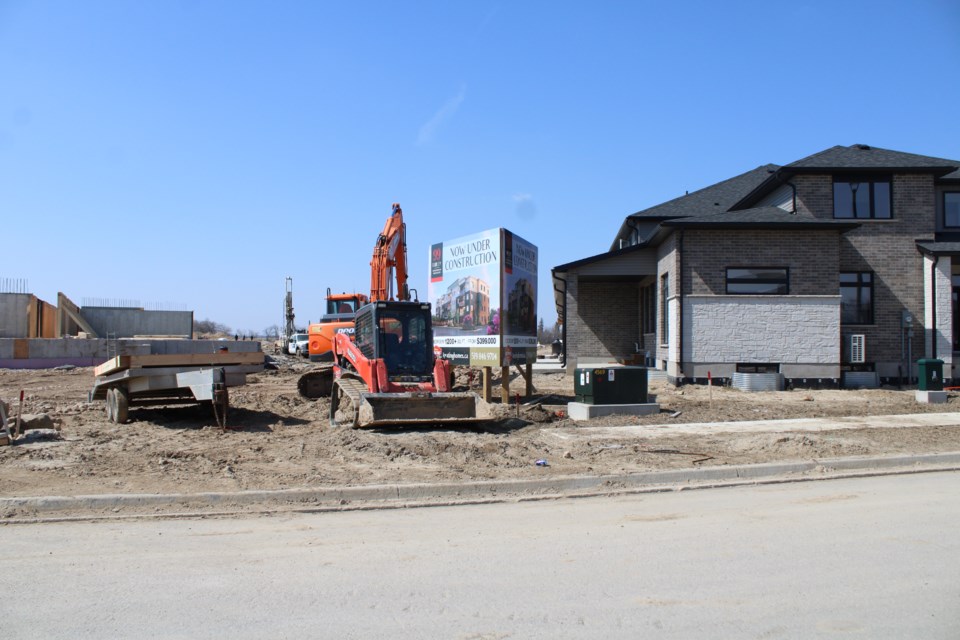WELLINGTON COUNTY – Traditional Six Nations chiefs are calling for a ban on development along the Grand River.
They say any development on that tract of land, including in Wellington County, needs their consent.
The Haudenosaunee Confederacy Chiefs Council (HCCC) recently announced a moratorium on development in the Haldimand Tract. The HCCC are the traditional government separate from the federally-recognized elected governing body of the Six Nations.
The Haldimand Tract refers to land granted to the Haudenosaunee, also known as the Six Nations of the Grand River, in 1784 for their alliance with the British during the American Revolution.
This land was approximately 950,000 acres that ran along 10 km each side of the Grand River from Lake Erie up to Dundalk and includes what is now Elora and Fergus.
Today, the Six Nations reserve boundaries is less than five per cent of the original land base.
The legitimacy of surrender documents obtained by the crown in the 1840s are disputed and the traditional chiefs and 1492 Land Back Lane group say the land is unceded.
Skyler Williams, spokesperson for 1492 Land Back Lane, confirmed Fergus and Elora fall into this declaration.
The two towns are expected to have significant population growth over the next decades and alongside that comes a lot of housing development.
Williams said there is opportunity for development but there needs to be meaningful dialogue needs to be done with the community.
“I think that the idea of consent is certainly one we’re talking about in Ottawa right now around the UN declaration on rights of Indigenous peoples, certainly when it comes to lands,” Williams said.
“Haudenosaunee people have been making government aware...that these are our lands and this unwanted development up and down the Grand River is something that needs to be done — certainly with consultation at the very least — with our community.”
Centre Wellington mayor Kelly Linton had no comment to make about the moratorium but said by email Indigenous consultation is "often a requirement of our developments in Centre Wellington."
Williams noted the problem ultimately isn’t really with developers.
“This obligation lies solely with the federal and provincial governments who are incentivizing the development of our lands, the Places to Grow Act which sets out the greenbelt and the like are pushing those developers to develop right along the Grand River,” Williams said.
“If we’re talking about areas that need to be protected here, the Grand River watershed absolutely needs to be taken into account for that.”
Williams clarified this doesn’t mean they’re going to go up and down the Grand River telling “settlers to get out of their homes.”
“Some of these settlers have been there for a couple hundred years in their families,” Williams said.
“There needs to be a meaningful process, a trigger mechanism that sets the feds and the province to come down here and make some meaningful effort to show that this is a process they’re going to respect. We’re going to be calling for that moratorium on development until that process can be respected.”



